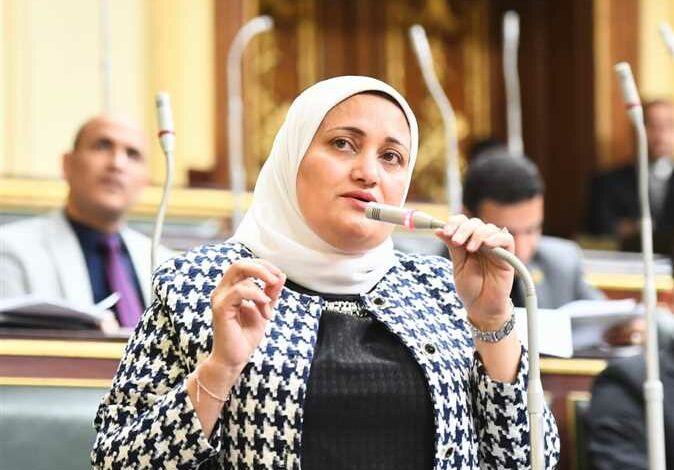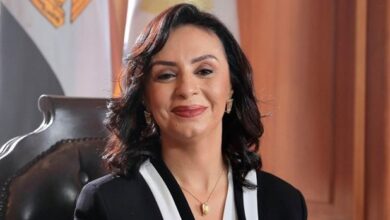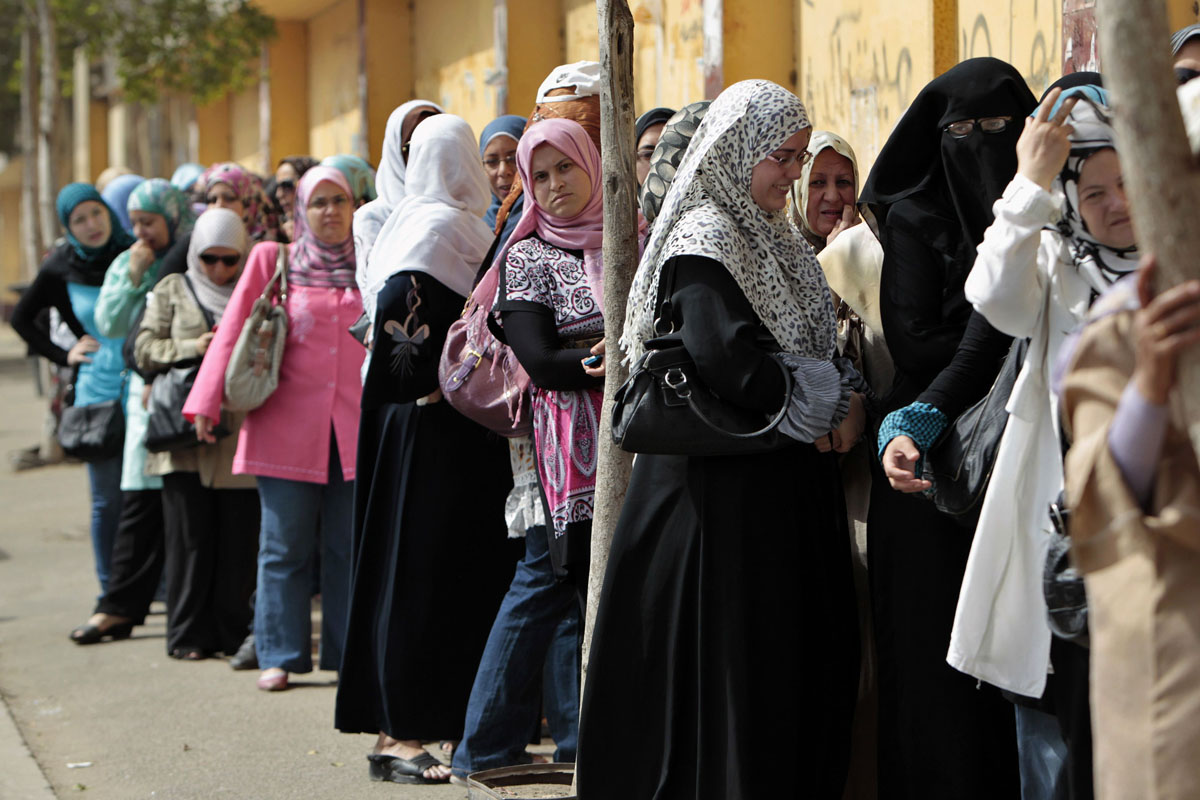
A member of the National Council for Women and rapporteur of the council’s Political Participation Committee Sana al-Saeed said that women’s empowerment in Egypt witnessed an unprecedented boom locally and internationally in the past few years.
The 2014 constitution came with more than 20 supporting articles, she said, and the National Strategy for the Empowerment of Women 2030 was launched in parallel with a women’s observatory established to ensure the follow-up of its implementation.
During her participation in the conference on women’s human rights between reality and aspirations, Saeed said that the national strategy for human rights was launched and women are a fundamental factor in line with the goals of the National Strategy for the Empowerment of Women 2030.
Egypt was the first country to issue a policy paper on responding to the special needs of women and girls during the coronavirus pandemic, she said, and launched a mechanism to monitor the implementation of these policies.
She added that Egypt also ranked first in the Middle East, West Asia and the Arab region in the report of the United Nations Women and the United Nations Development Program on measures to support women during the pandemic.
A decision was also prepared on strengthening the rapid national and international response to the coronavirus on women.
She noted that the representation of women in parliament rose to 28 percent, 18 percent in the senate, 25 percent in local councils, female deputy ministers and female ministers at 27 percent, and female governors 31 percent.
For the first time in Egypt’s history, women are appointed to the Public Prosecution Office and the State Council, and women assume leadership positions such as the position of governor and the presidency of the National Council for Human Rights, Saeed said
The largest development programs include women, foremost of which is the “Decent Life” program, targeting 85 million beneficiaries, improving the standard of living for the neediest groups, the national project for family development, and the presidential initiative to support women’s health, she added.



